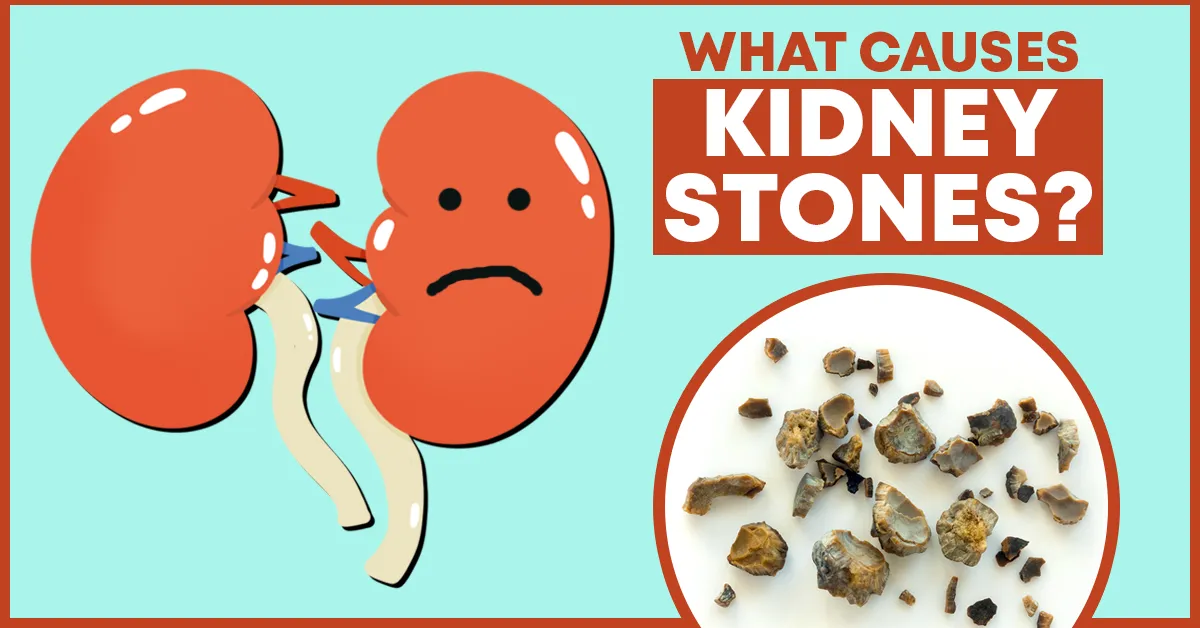If you have not personally experienced kidney stones, you likely have heard stories from someone who has. It is estimated that 11% of men and 6% of women will experience kidney stones at some point in their lifetime.
While the process of passing a kidney stone usually does not result in permanent damage, it is very painful.
What is a Kidney Stone?
Most people have two kidneys (though you can have one) that work to remove waste from your blood each time you urinate. If you are not urinating frequently enough, and your blood has too much waste in for your kidneys to remove, the waste can build up inside your kidneys. This can lead to the formation of a hard object as small as a grain or as large as a rock.
The smallest stones may be passed in your urine on their own without a significant disturbance. But larger stones can become stuck as they make their way through the body.
What Increases My Risk of Kidney Stones?
Your need to urinate to continue passing waste out of your body. As you know, the more liquids you consume, the more frequently you may have to use the restroom. Because of this, drinking too little water can be a key contributor to the build-up of waste in your kidneys.
The US National Academies of Sciences, Engineering, and Medicine believes you should drink 3.7 liters of water each day for men, and 2.7 liters of water each day for women. Keep in mind that about 20% of that total water intake typically comes from food, so you do not need to drink quite that much water in a liquid form.
Other common contributors to kidney stones include obesity and a diet that has too much salt or sugar. Ultimately the more salt or sugar you eat the harder your kidneys have to work to keep up with removing the excess waste.
Naturally, too little exercise is also a contributor. But too much exercise without properly replenishing your body can be an issue too. When your body sweats during exercise, if you do not properly rehydrate, that can create excess waste in your kidney.
How are Kidney Stones Treated?
Kidney stones often create a burning feeling while urinating and the urine may become red from blood.
Fortunately, there are a number of treatment options for kidney stones depending on the type of stone and its severity. The type of kidney stone is dependent on its chemical makeup.
You can wait for a stone to pass on its own if it is small enough, but you need to be prepared to see a medical professional if the pain worsens or goes on for too long.
There are medications to relax your ureter (where the stone is often stuck) so that it becomes easier to pass the stone.
Additionally, surgery can be performed to remove very large stones. This can be a Ureteroscopy, a procedure where the stones are removed after being identified with a camera that enters through the bladder.
There is also a shock wave device that can be pointed at the stones from the exterior of your body. The shock wave firing can cause the stone to break into smaller pieces allowing you to then pass it on your own.
Are Kidney Stones Hereditary?
While multiple people in a family can have kidney stones, it is not clear if it is actually hereditary. More likely, family members simply have similar diets and lifestyle factors, so the similar lifestyle factors put everyone in the family at risk of developing kidney stones.


